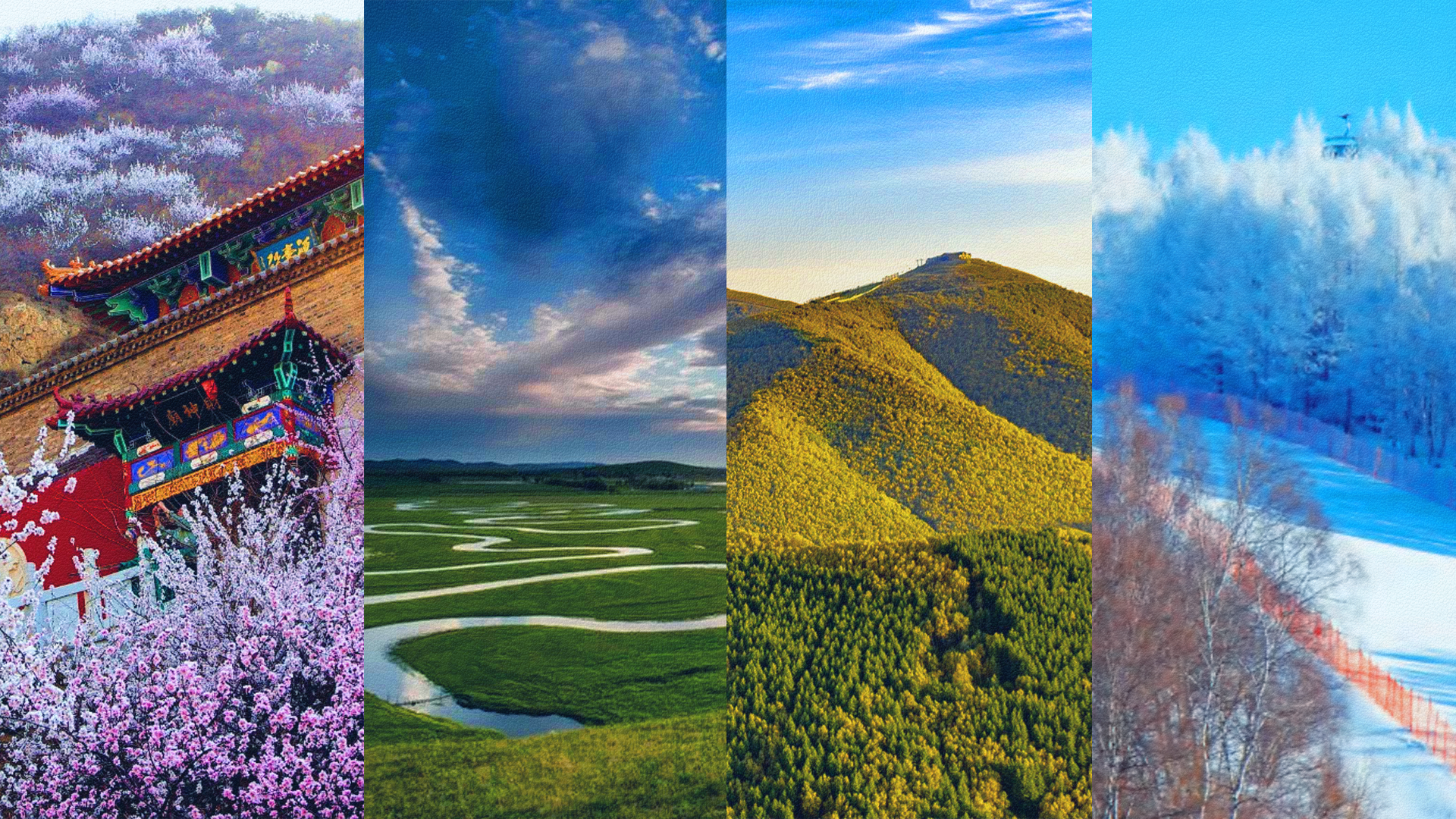North China's Zhangjiakou: Video showcases a journey from ancient hub to Olympic city
- Written by The Bulletin
ZHANGJIAKOU, CHINA - Media OutReach Newswire - 1 March 2024 - As one of the host cities of the 2022 Beijing Winter Olympics, Zhangjiakou has drawn the world's attention as numerous winter sports athletes delivered outstanding performances in the Zhangjiakou competition zone.
Zhangjiakou City, located in the northwest of north China's Hebei Province, lies in between the Inner Mongolian Plateau and the North China Plain. It is traversed by the Yin Mountains, which divide it into the upper and lower areas. Covering a total area of 36,800 square kilometers, it is home to a population of 4.07 million people.
With an abundance of historical and cultural heritage, the Olympic city has witnessed more than one million years of human history, 10,000 years of cultural history, and over 5,000 years of civilizational history.

In Zhangjiakou's Yangyuan County, ancient human fossils from two million years ago have been found for the first time in the Nihewan area, providing strong evidence for the origin of human history in the Oriental world. In the Shangyi Sitai Ruins in Zhangjiakou, a group of houses found have confirmed the emergence of early settled villages in northern China, dating back more than 10,000 years.
Zhangjiakou was also the location of the historical Battle of Zhuolu between the Yellow Emperor and fierce warlord Chiyou 5,000 years ago. Since the Ming and Qing dynasties, the 1,400-kilometer-long Zhangku Road, connecting Zhangjiakou with Ulan Bator, formerly known as Kulun, and extending to Chita in Russia, has been regarded as a section of the grassland Silk Road and served as an important channel for trade and cultural exchanges. In 1909, the Beijing-Zhangjiakou Railway, known as China's first independently designed and built railway, was put into operation, with Zhangjiakou being the destination.
Surrounded by mountains, Zhangjiakou is also a place of outstanding natural beauty. The Grassland Sky Road, known as one of China's top ten most beautiful highways, presents spectacular scenery in the four seasons. The Zhangbei Zhongdu Grassland, a well-preserved prairie, allows tourists to enjoy horseback riding or spend a leisurely day by the tents. In Zhangjiakou's numerous wetland parks, a large number of national protected animals can be spotted inhabiting the natural wetlands. A wide range of activities, including bird watching, archery, hiking, await travelers who enjoy exploring and discovering natural wonders.
The Dajing Gate, one of the four famous passes of the Great Wall, Jimingyi, the site of fortifications since ancient times, and intangible cultural heritage resources covering folklore, traditional opera as well as the delicacies and handicrafts, are all indispensable parts of the rich and diversified cultural heritage of Zhangjiakou.
With a great potential for industrial development, Zhangjiakou plays a vital of role in developing industries such as big data, new energy and tourism. It is China's first national renewable energy demonstration zone, and ranks first in the country in terms of computing speed and server scale. Zhangjiakou has continued to deepen its cluster development of automobile industry, with a total of 52 automobile enterprises joining the production base in Nanshan Park. As one of the world's three largest grape growing bases, the Huaizhuo Basin has gained international fame through its brands such as Chateau SunGod Greatwall. With ice and snow sports becoming a popular trend, Zhangjiakou is facing new opportunities for its future development.
The video, which focuses the development of Zhangjiakou in the post-Winter Olympics era, showcases the Olympics city that boasts a long history, enchanting scenery and extraordinary vibrancy.
The issuer is solely responsible for the content of this announcement.














